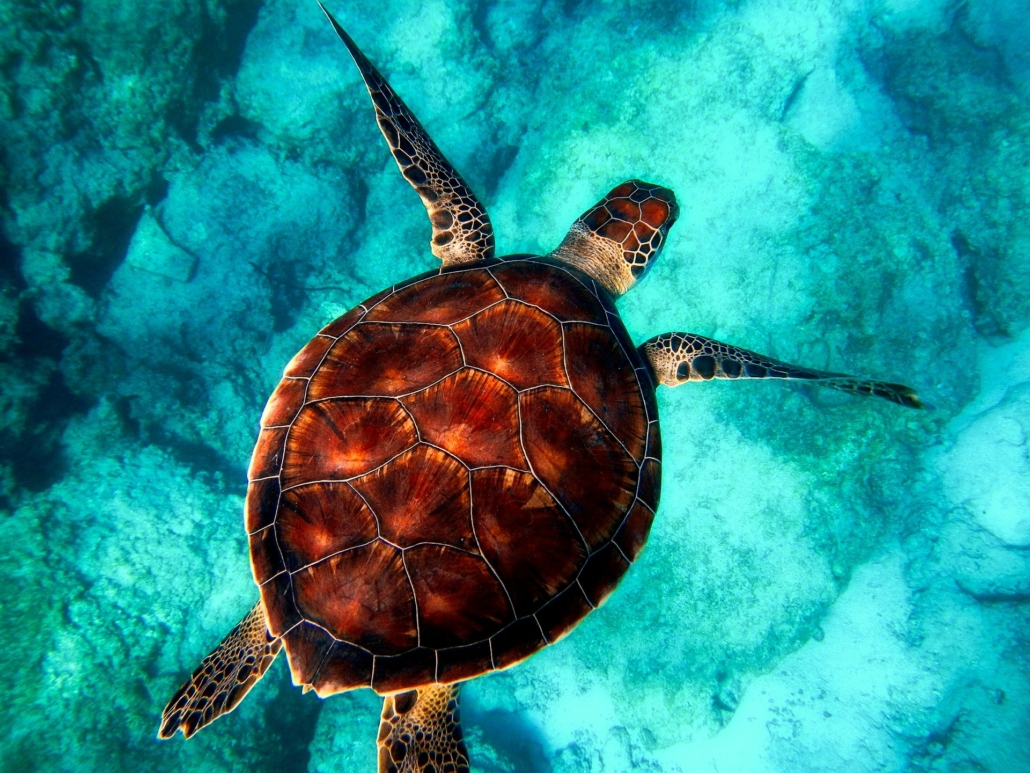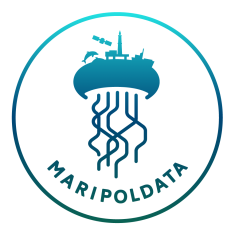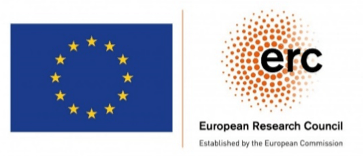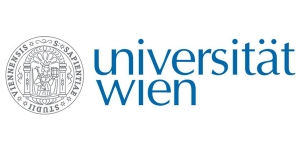My experience as an intern at MARIPOLDATA – “Science is more than just physics and mathematics”
By Anook Garden
Anook Garden is a 16-year-old student at a Viennese school and stayed with the MARIPOLDATA team for a one-week-long internship in June 2022. In this blog entry, she reflects on her time spent in the project and writes about her experiences, impressions, and learnings.

I heard about MARIPOLDATA through a teacher at my school and decided it was the perfect place to do my internship. I love science and find politics and intergovernmental discussions fascinating, and MARIPOLDATA relates to those subjects. Although I must admit I wasn’t too excited going in, the various subjects and work involved was enticing once I started.
The people working here are very welcoming and uplifting, encouraging you to work to the best of your abilities, and helping you when you’re stuck. You don’t feel as if you spent hours working by the end of the day, because each task done feels rewarding and like an accomplishment. The MARIPOLDATA team works together to produce the best work while maintaining a healthy work environment, where you get along with the people you work with. Lunches and coffee breaks are often spent together which allows the team to get to know each other better and create better work relationships.
After meeting most of the team members here at MARIPOLDATA, I spent the first day understanding the coding and technical part behind the final product. Cleanly putting together the useful ethnographic data acquired to then write reports and texts. I observed one of the previous sessions of an international conference for a new treaty and put the information I collected into an Excel spreadsheet called “Matrix”, to then learn how R studio works and do a bit of coding using my spreadsheet.
On the second day, I attended a 3-hour long conference online in real-time which was part of the working group meeting on the Post-2020 Global Biodiversity Framework of the Convention on Biological Diversity (CBD). Here I learned how the ethnographic data is collected and put into the “Matrix”. I also learned about the structure of a scientific article, and read one published by MARIPOLDATA named: “Who owns marine biodiversity? Contesting the world order through the `common heritage of mankind ́ principle.” Then I answered some questions given to me about the topic at hand.
I spent the third day transcribing an oral history interview with a marine scientist and then learning about how information about other scientists is collected and charted (using “Matrix”). This is done by immersing oneself into the scientists’ work to have a clear understanding of what they do (by reading their reports and looking at their project website and by meeting and interviewing them, which is when the prior knowledge becomes useful). By the end, MARIPOLDATA will have enough information collected to compare three cases: US, France/Eu, Brazil.
I started off the fourth day by reading a team member’s blog article called “An ocean of possibilities: Marine Biodiversity in the Post-2020 Global Biodiversity Framework”, which helped me to understand the action-oriented targets in the framework to be achieved by 2030 in order to be on track for the 2050 goals. It explains the points argued and discussed by states during the conference in Geneva in March 2022. I then read an article on Multilateralism, Science, and the protection of the ocean (“Multilateralismus, Wissenschaft und der Schutz der Ozeane”). We finished the day by having a team meeting where we talked about what we did during the week. One team member, a student assistant, presented the research synopsis of her master’s thesis, which focuses on introducing Indigenous knowledge in the BBNJ negotiations.
Friday, the last day of my internship was spent writing this blog for the MARIPOLDATA website, and attending a university class at Vienna University about International environmental politics as a research object and career path.
Going into this internship I had the impression that it was entirely centered around biology. It was however much less focused on natural sciences than I had foreseen and instead groups several specialties and subjects together making a research group. These subjects include coding, politics/diplomacy (e.g. global environmental and international politics, science and environmental policies, international ocean protection, multilateral diplomacy, international relations, political ecology …), biology (e.g. biodiversity, bio marine life, socioecology, marine genetics …), and finance.
I thoroughly enjoyed my internship here as well as the welcoming work environment, and hope to, in the future, work in similar conditions. This experience has truly opened my eyes to the wide range of possibilities that exist in terms of what my future entails and was a reminder that science is more than just physics and mathematics. All in all, this was an experience I will always remember and carry with me. Wanting to make the best of this experience I worked hard and was pleasantly surprised with the outcome. I learned a lot, thanks to the amazing team that welcomed me and showed me the ropes.


